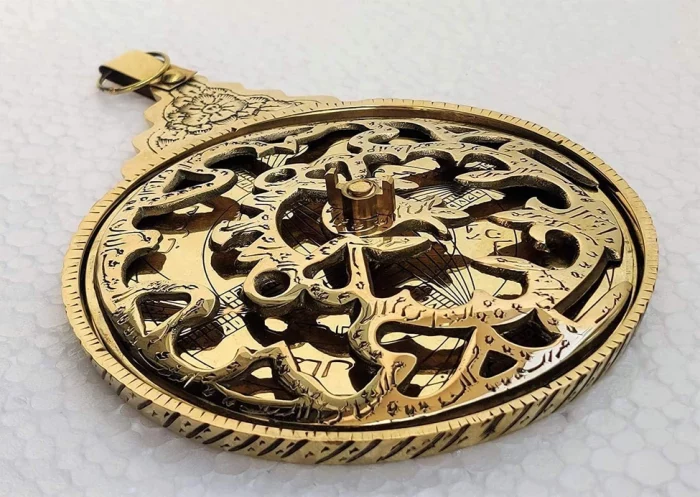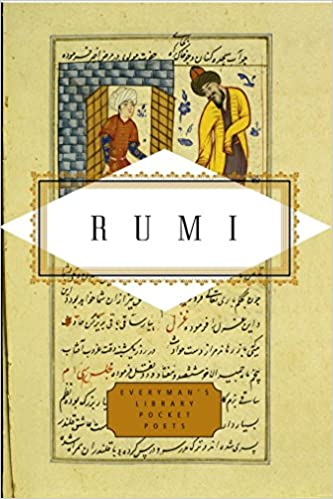Astrolabe – an astronomical instrument used in ancient times to determine the position of the sun or stars
“Man is the astrolabe of God; but it requires an astronomer to know the astrolabe. If a vegetable-seller or a greengrocer should possess the astrolabe, what benefit would he derive from it? With that astrolabe what would he know of the movements of the circling heavens and the stations of the planets, their influences, transits and so forth? But in the hands of the astronomer the astrolabe is of great benefit, for ‘He who knows himself knows his Lord’.
Just as this copper astrolabe is the mirror of the heavens, so the human being – We have honored the Children of Adam – is the astrolabe of God. When God causes a man to have knowledge of Him and to know Him and to be familiar with Him, through the astrolabe of his own being he beholds moment by moment and flash by flash the manifestation of God and His infinite beauty, and that beauty is never absent from his mirror.”
from “Two Discourses” by Rumi, translated by A.J. Arberry
“[An astrolabe] consists of rotating discs and rulers to show the positions of astronomical objects at any given time throughout the year.” (BBC Sky at Night Magazine) I am including this link to BBC’s Sky at Night Magazine article on astrolabes in case you would like to read more (and because I used their quote). I had no idea what these were, but it is fascinating to think astronomy has been so advanced for so many centuries. The image below is a replica of an astrolabe used in the ancient Islamic world, perhaps even in the time of Rumi. Image also courtesy of BBC’s Sky at Night Magazine article.

